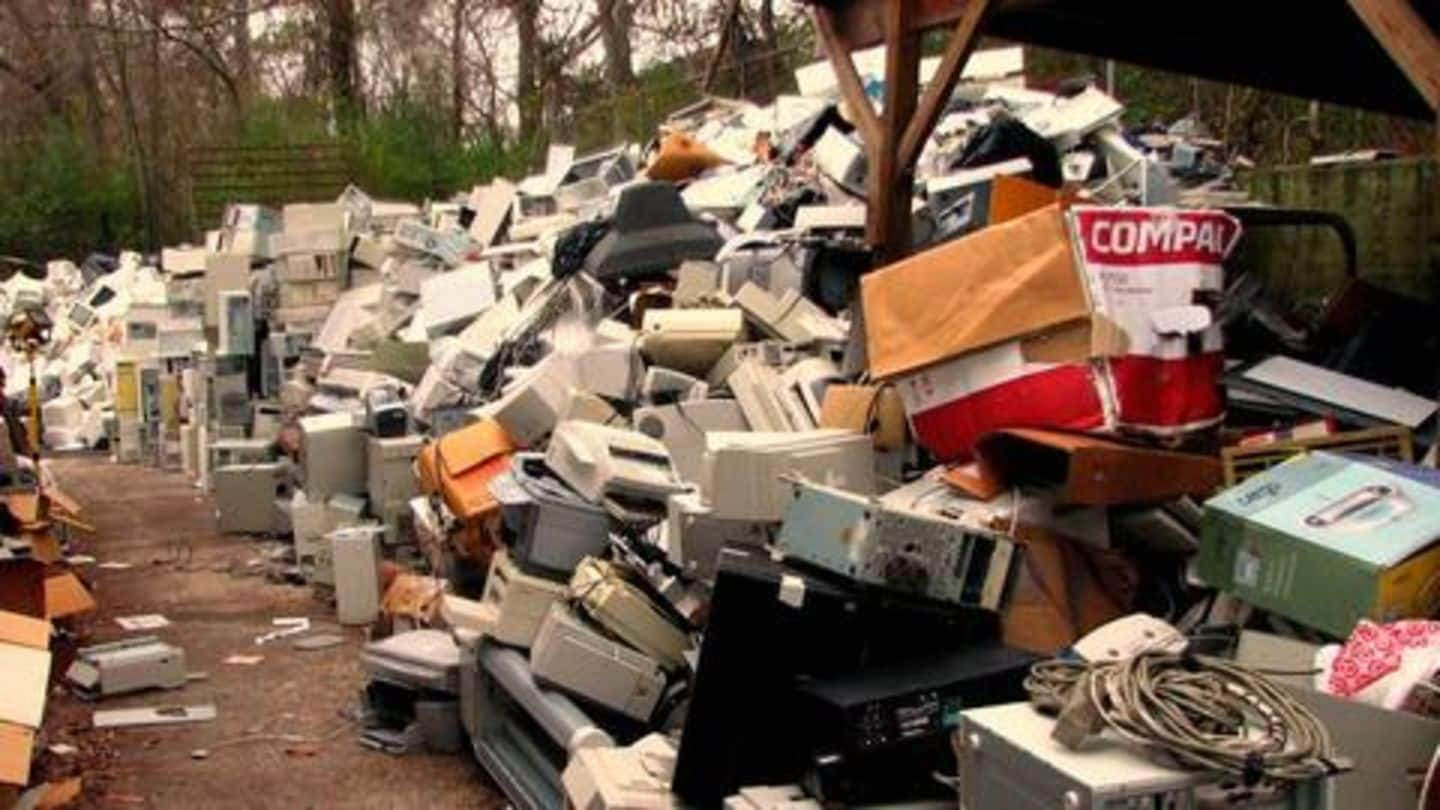
How this African country is converting e-waste into robots
What's the story
Every year, more than 40 million tons of electronic waste is generated, making up about 70% of the world's toxic waste. Many developed nations export their e-waste to small African and Asian countries instead of discarding it at home. Though this poses a major health hazard, Togo, a small West African country, is driving innovation with e-waste, turning it into an opportunity. Here's how.
Togolese efforts
Togo's battle with poverty, unemployment
Togo's population of seven million is struck by major developmental challenges, including poverty and unemployment. According to recent estimates, nearly half of the country's population lives below the poverty line, with 10% of young adults being unemployed and 20% being underemployed. Owing to all these problems, modern technologies continue to remain out of reach for the country.
Change
However, e-waste presents an opportunity
Togo imports nearly 500,000 tons of e-waste every year, courtesy rich countries. These dumps include discarded laptops, TVs, and smartphones, which people living in the region buy as second-hand goods. However, not everything is sold in the local markets and the same e-waste is also driving broader innovation in the country.
Innovation
E-waste is being re-purposed for innovation
Local inventors are using the internet and discarded e-waste components to build unique technological products. They are building things like robots and 3D printers and are fostering innovation by educating others to do the same. Just recently, Ousia Foli-Bebe, one inventor from the region, showcased an operational robotic spider built from discarded 3D printer parts to BBC News.
Information
Plus, they are encouraging others to innovate
Along with inventing, Foli-Bebe also takes his creations to schools, hoping to encourage young students. "My hope is to make a science kit so that they can begin to make their own things and solve the problems of this community," he told the news outlet.
Digital revolution
The number of young inventors is increasing
Foli-Bebe is one of the many Togolese entrepreneurs who see e-waste as an opportunity to produce products and generate revenue. "At first, electronic waste was a plague - that's how we used to describe it," Gnikou Afate, the Togolese inventor who made first homemade 3D printer, told BBC. "But today that problem has turned into an opportunity. E-waste could be described as a goldmine."
Health concerns
However, health concerns remain
Though re-purposing e-waste is a major step forward, it is worth noting that it also poses a major health concern. Electronic devices, TVs contain toxic elements like Cadmium, Lead and Beryllium, and their exposure can prove hazardous for human health. "They can find their way to aquifers, spill into the ocean [and] we eat the fish", Togolese environment activist Sena Alouka told BBC.
Potential
E-waste has huge potential, if risks are eliminated
The amount of e-waste produced across the globe is expected to cross the 50 million ton threshold by 2021. With this, the e-waste re-purposing holds a huge potential for local innovators in Togo. However, in order to make the most of this opportunity, they'll have to do develop methods to recycle the e-waste while mitigating its health effects.